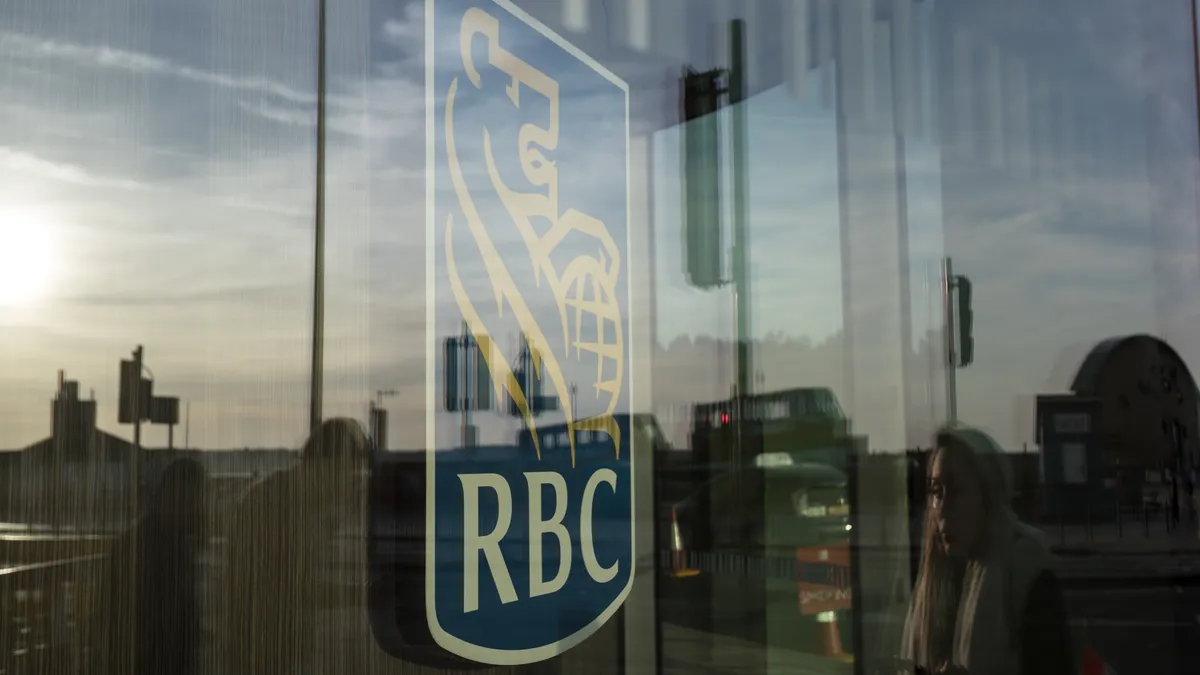Dive Brief:
- New York City Comptroller Brad Lander announced Thursday that the Royal Bank of Canada agreed to a shareholder proposal from his office to disclose its clean energy financing ratios.
- The move comes after Citi and JPMorgan Chase agreed to disclose their own financing ratios of low-carbon energy supply to fossil fuel energy supply last month in response to the shareholder proposals Lander’s office put forward with three of the city’s pension fund boards.
- The comptroller’s office, the New York City Employees’ Retirement System, Teachers’ Retirement System and Board of Education Retirement System still have outstanding resolutions filed at Bank of America, Goldman Sachs and Morgan Stanley.
Dive Insight:
Lander said in a Thursday release that the agreements reached with RBC, Citi and JPMorgan will allow long-term investors to “more effectively measure how well [the banks] are or aren’t living up to their commitments.”
The submitted shareholder proposals asked banks to set targets related to their clean energy financing ratios and regularly update and report transparently on their progress. The proposals also asked the banks’ boards to set targets for their clean energy financing ratios that align with their net-zero commitments; work on standardizing industry methodologies; and disclose comparable lending ratios.
The comptroller said the transition from how banks finance fossil fuels to financing low-carbon alternatives hasn’t been possible for shareholders to track thus far.
“Despite their commitments to decarbonize, U.S. and Canadian banks have financed over $1 trillion of fossil fuel extraction since the Paris Accords,” Lander said in the release. “As leading public investors, we expect that energy supply ratio disclosure will become a new standard for the banking sector.”
RBC had initially placed the proposal in its proxy vote materials, recommending that shareholders vote against Lander and the pension systems’ proposal. Lander said he hopes the agreements reached with Citi, JPMorgan and RBC will lead Bank of America, Goldman Sachs and Morgan Stanley to follow suit.
Management at Bank of America and Goldman Sachs have both recommended their shareholders reject the proposal, while Morgan Stanley’s 2024 proxy materials have yet to be released, though placeholder links are now on its investor relations site.
Bank of America’s board recommended voting against the proposal because it said third parties already provide and publicly disclose clean energy financing ratios for global banks. Goldman Sachs’ board “unanimously” recommended rejecting the measure, as the bank said it will publish a green asset ratio later this year to comply with disclosures required by the European Banking Authority.
Lander’s office and the pension systems are also working to build investor support for the proposals using a presentation outlining the need to triple clean energy financing by 2030 and the gap between estimated ratios for the banks targeted by the proposals.
Henry Garrido, New York City Employees’ Retirement System trustee, said in the release that “pacing and scaling clean energy investments cannot be delayed any longer,” for the good of both the planet and the pension system’s members and beneficiaries.
“Greater transparency of capital flows will help NYCERS reach climate goals sooner and reduce climate and investment risk for our members and beneficiaries,” Garrido said.
Morgan Stanley did not respond to a request for comment about its 2024 proxy materials.












